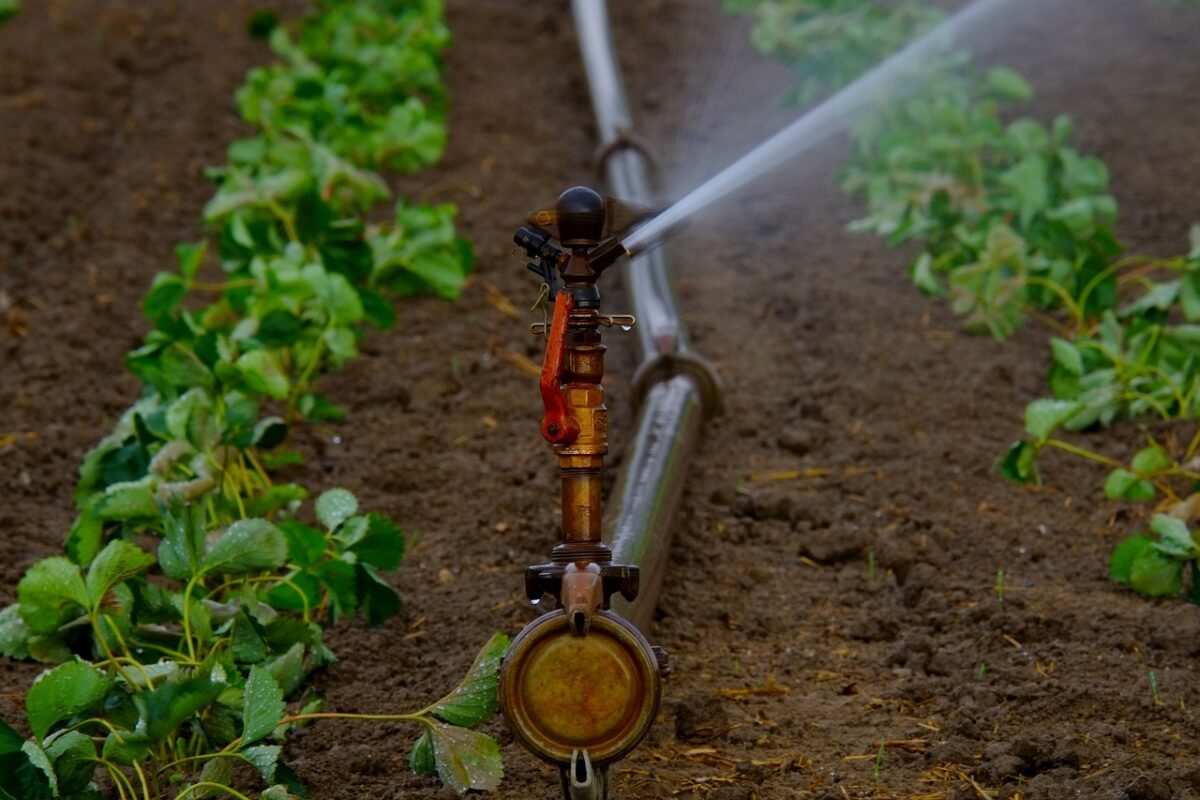Efficient water management is crucial in agriculture, particularly in light of increasing water shortages and climate change. Automated irrigation systems use artificial intelligence (AI) to improve water management precision and reliability. These systems optimise water consumption by utilising real-time data and complex algorithms, ensuring that crops receive the proper amount of water at the appropriate time. This essay investigates the transformational potential of AI-powered automated irrigation in modern farming.
The Importance of Efficient Water Management
Water is an important resource in agriculture, and proper utilisation is critical for crop health and output. Traditional irrigation systems frequently result in water waste owing to over-irrigation or improper scheduling. With increasing demands on water resources, there is an urgent need for more accurate and effective irrigation systems..
AI-Powered Real-Time Monitoring
Artificial intelligence-powered irrigation systems employ sensors to monitor soil moisture levels, weather conditions, and crop water requirements in real time. These sensors collect continuous data on soil and ambient variables, allowing for dynamic modifications to watering schedules.
For example, if soil moisture levels fall below a specific threshold, the AI system can trigger irrigation to provide proper hydration. If significant rainfall is expected, the system can postpone watering to avoid waterlogging and root damage. This real-time monitoring ensures that crops receive an adequate amount of water, eliminating waste and boosting healthy development.
Optimization Algorithms for Precision Irrigation
AI algorithms optimise irrigation schedules using a variety of criteria, including weather forecasts, soil moisture data, and crop growth trends. AI guarantees that irrigation is carried out efficiently, reducing water waste and increasing agricultural yields.
For example, AI systems can plan irrigation during cooler times of the day to avoid evaporation losses. They may also modify irrigation frequencies and durations to meet the unique demands of different crop growth stages. This accuracy in water management enables farmers to use water more efficiently, lowering costs and saving resources.
Case Studies and Real-World Applications
Numerous case studies demonstrate the benefits of AI-powered automated irrigation in a variety of agricultural contexts. For example, farms that utilise AI-powered irrigation systems have reported considerable increases in water efficiency and grape quality. By constantly monitoring soil moisture levels and changing irrigation schedules, these vineyards have been able to cut water use while maintaining healthy grapes.
In another case, farmers in dry regions have utilised AI-powered irrigation systems to optimise water consumption in their farms. These technologies have allowed them to sustain agricultural production despite restricted water supply, highlighting AI’s potential to manage water shortage issues in agriculture.
The Future of Automated Irrigation
The future of automated irrigation depends on the continuing integration of AI technology with other innovative tools and practices. Future advances may involve the utilisation of satellite imaging and drone data to offer even more thorough and complete information about soil and crop conditions. These technologies can assist farmers in identifying parts of their crops that demand more or less water, allowing for more accurate and targeted irrigation.
Furthermore, advances in machine learning algorithms will boost AI’s predictive capacity, allowing farmers to make more precise and effective irrigation decisions. The integration of AI with IoT devices and smart agricultural platforms will improve water management efficiency and scalability.
Conclusion
AI-driven automated irrigation is changing agricultural water management by giving farmers with accurate, real-time analytics and optimisation tools. These systems use modern sensors and algorithms to guarantee that crops receive the proper quantity of water, eliminating waste and boosting healthy development. As AI technology advances, the capabilities of automated irrigation systems will improve, giving farmers even more sophisticated tools for managing water resources effectively and sustainably. Adopting these creative solutions will ensure food security and environmental sustainability for future generations.
Contact us at open-innovator@quotients.com to schedule a consultation and explore the transformative potential of this innovative technology.






